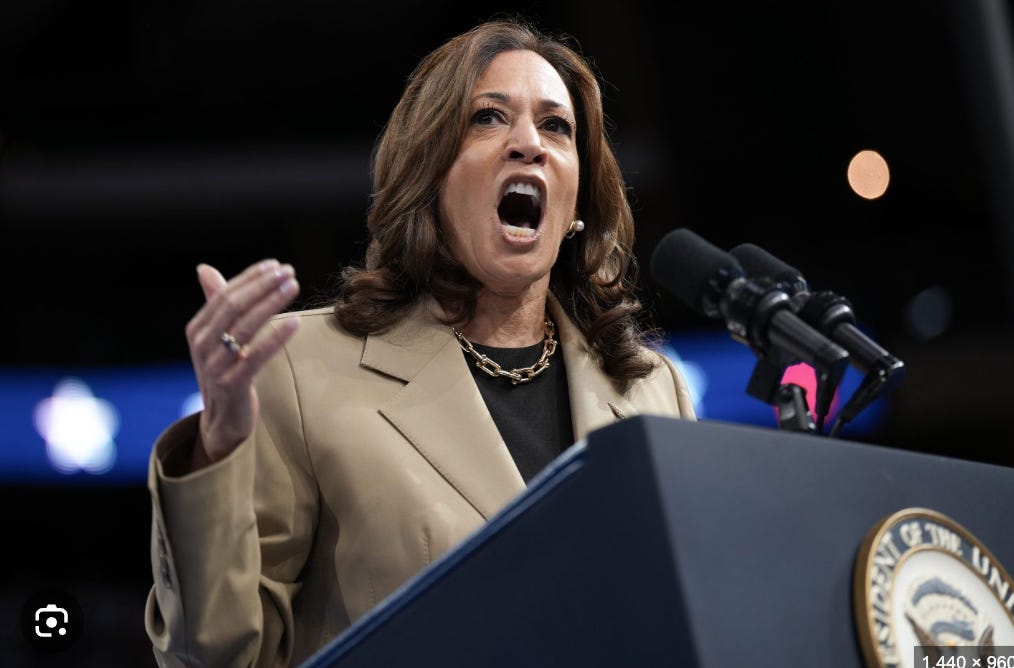Kamala Brings Back Nixonomics
Exactly 53 years ago, on August 15, 1971, President Richard Nixon announced a 90-day wage and price freeze. Now Kamala is reviving Nixonomics. From Yamiche Alcindor of NBC News:
On Friday in North Carolina, Vice President Harris intends to announce a plan to prevent corporations in the food and grocery industries from unfairly jacking up prices on consumers, by imposing the first-ever federal ban on corporate price-gouging in these industries.
The Harris campaign says the plan is one of several new policies Harris plans to unveil Friday and that in her first 100 days as president, she would also grant authority for the FTC and state attorneys general to investigate and impose harsh penalties on big corporations that choose to break these rules to make a quick buck at Americans’ expense.
Nixon’s wage-price freeze was politically popular at the time. The Dow Jones average went up a record 33 points the next day and the anti-Nixon New York Times editorial board endorsed his move.
Among the few dissenters at the time were economist Milton Friedman in his column in Newsweek, plus National Review, which in response announced small pay increases for the entire staff. Since pay hikes were illegal that fall, all NR employees received promotions to more pompous-sounding positions make their raises legally valid. William F. Buckley elevated himself in the masthead from Editor-in-Chief to (IIRC) Supreme Editor on High and the staff Librarian became The Keeper of the Tablets.
What was the point of Nixon’s wage-price freeze, which by the 1980s was was widely viewed as a classic symptom of the economic illiteracy of the recent past?
So far as I can tell, Nixon imposed it as a political rather than an economic move. The more important aspect of his August 15, 1971 actions was hamstringing the Bretton Woods fixed exchange rate system that had governed international trade since it was concocted by John Maynard Keynes and Soviet spy Harry Dexter White.
Bretton Woods had worked pretty well, especially compared to the Great Depression, for a long time, but the convertibility of the dollar to gold at $35 per ounce was falling apart.
Nixon apparently was worried that the abolition of the last remnant of the old gold standard would spook people. Virtually nobody understands currency economics (I sure don’t, and I doubt that Kamala does either), so we look for evidence that the man in the charge knows what he’s doing.
Therefore, Nixon took Strong Action against inflation by freezing prices and wages. Sure, it was kind of stupid, but it reassured voters that the President was Doing Something.




This is such a bad idea, and I would really like to see the criteria for how they determine if a price hike is “fair” or not. Are they going to cap marginal profits on certain items?
Fun fact, as you might well know, Nixon not only knew the whole time price controls were a bad idea, but explicitly called out the practice a month before implementing them in '71. It was purely a political move to secure re-election, and a completely unnecessary one at that, given that he crushed McGovern so badly in the '72 election he could've named Bebe Rebozo the new First Lady and still come out ahead:
https://www.econlib.org/archives/2016/12/nixons_wage_and.html